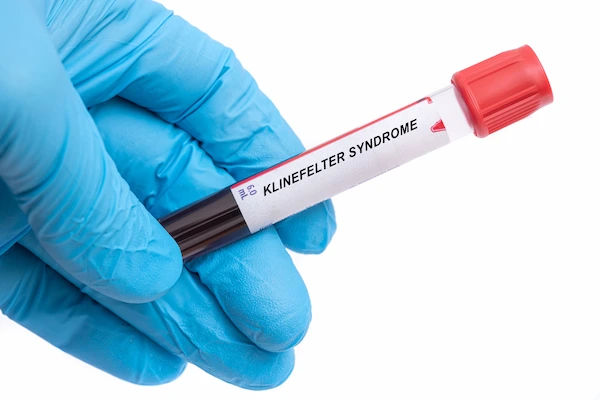- female
- 40 Years
- 10/05/2022
Which organs produce insulin hormones?
More Endocrinology Health Queries
View allI have gynaecomastia and got conflicting advice my homeopathic doctor says it can be cured with medicine but the cosmetic surgeon insists surgery is the only option. Can homeopathy really reduce male breast tissue and if so how long would it take? I'm getting married in a year and want to know if it's possible without surgery
While homeopathic medicine may be used for gynecomastia, it's crucial to understand that its effectiveness is not scientifically proven and may vary significantly. Surgery is generally considered the most effective and reliable treatment for gynecomastia
read more![Doctor 1]()
![Doctor 2]()
Answered by 1 Apollo Doctors
I've been dealing with this burning sensation in my hands and feet, and it just seems to zap my energy all day long. Plus, there's this persistent throat pain that won't go away. I find myself getting depressed and angry really quickly. Could all these things be related somehow, and what should I do?
May be related to brachialgia or neuropathy Are you diabetic?
read more![Doctor 1]()
![Doctor 2]()
Answered by 1 Apollo Doctors
I've had hard lumps in my chest since I was a kid, and I recently read online that it could be gynecomastia or just chest fat. I'm really confused and worried about this. How can I tell if it's actually gynecomastia or just chest fat? Also, is there any way to treat gynecomastia naturally? I'm really stressed about this because surgery and pills seem way too expensive for me. I feel embarrassed around my friends and it's affecting my mood. Can you give me some advice?
#NAME?
read more![Doctor 1]()
![Doctor 2]()
Answered by 1 Apollo Doctors
Disclaimer: Answers on Apollo 247 are not intended to replace your doctor advice. Always seek help of a professional doctor in case of an medical emergency or ailment.




